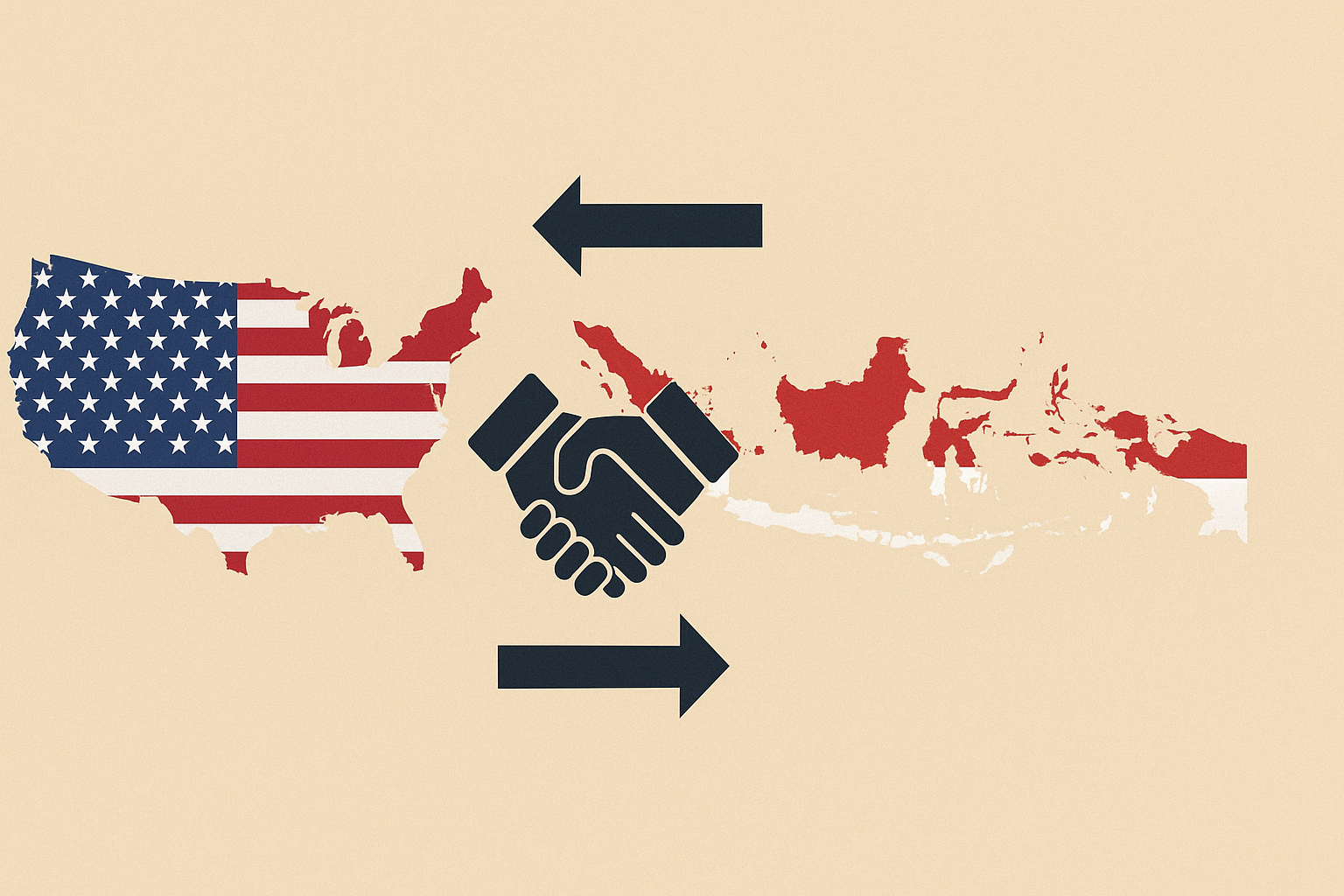U.S. President Donald Trump has announced a new trade agreement with Indonesia, under which Indonesian exports to the U.S. will face a 19% tariff. The deal marks the latest development in Trump’s evolving trade strategy aimed at securing greater access to critical minerals and industrial commodities.
Speaking to reporters on Tuesday, Trump confirmed that he had reached the agreement after a phone call with Indonesian President Prabowo Subianto. He described the agreement as one that would grant the United States “full access to Indonesia — everything.”
Focus on Copper and Critical Minerals
Trump highlighted Indonesia’s significant reserves of high-quality copper and critical minerals, calling them “very valuable” and essential for the U.S. industrial base. The announcement comes just days after the Trump administration imposed a 50% tariff on copper imports, targeting countries that do not offer reciprocal trade terms.
“Indonesia has some great products, and they also have some very valuable earths and various other materials,” Trump said. “One of the things that they are known for is very high-quality copper, which we will be using.”
Part of a Broader Trade Strategy
The deal with Indonesia is the first formal agreement following letters sent by the Trump administration last week to over 20 U.S. trading partners, informing them of impending tariffs on a wide range of exports to the United States. Indonesia, originally facing the prospect of a 32% tariff, was able to negotiate the final rate down to 19% through the new deal.
Trump indicated that similar negotiations are underway with other major economies, including India, and confirmed that the U.S. has already concluded trade agreements with the United Kingdom, China, and Vietnam under this evolving framework.
“We have a couple of those deals that are going to be announced,” Trump said, adding that negotiations with India are “working along that same line.”
Strategic Resource Access
The inclusion of critical minerals and earth elements in the agreement signals a continued U.S. push to diversify its supply chains and secure strategic resources from reliable partners. Indonesia, one of the world’s leading producers of nickel, bauxite, tin, and rare earths, is seen as a key player in this supply shift — especially amid global competition with China.
Conclusion
The U.S.–Indonesia trade deal reflects President Trump’s focus on combining tariffs with targeted bilateral negotiations to open markets and secure access to essential materials. While the 19% tariff marks a cost for Indonesian exporters, the broader deal gives Jakarta continued access to the U.S. market and positions it as a vital supplier in America’s critical minerals strategy.



